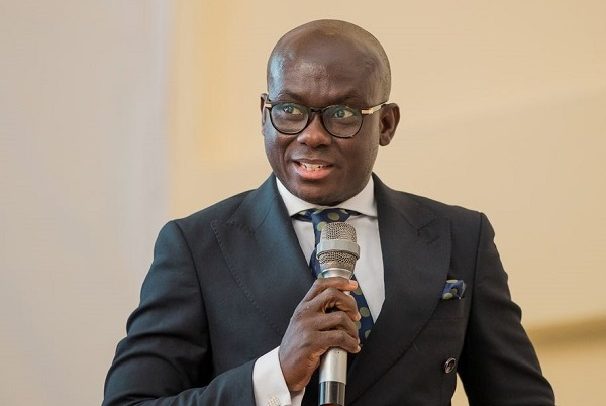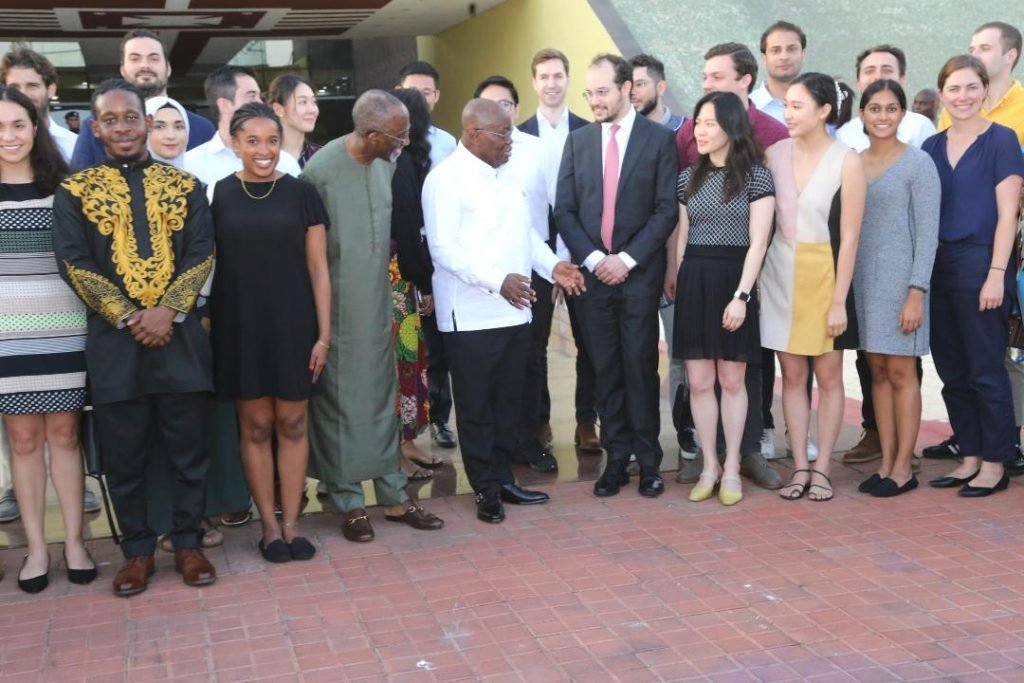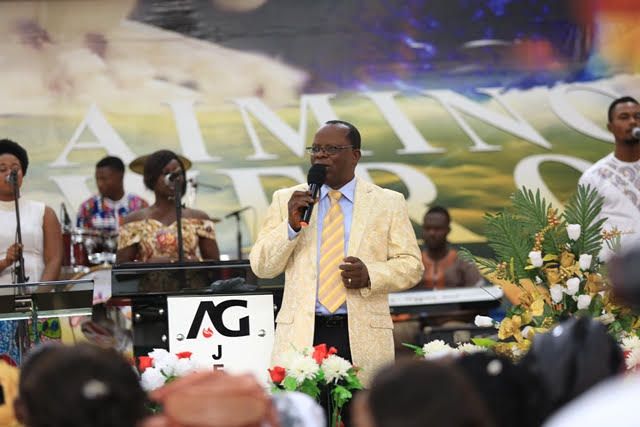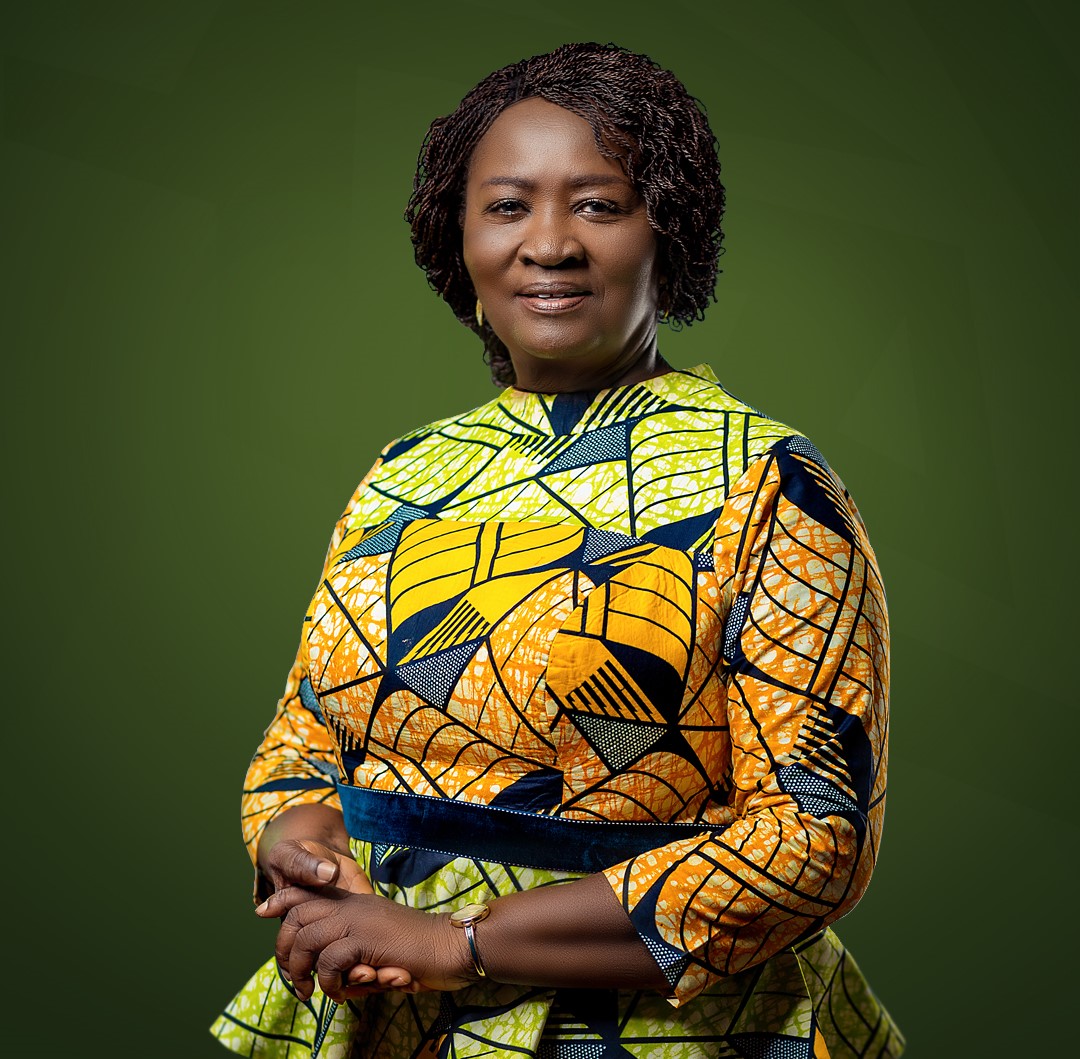
A prominent Islamic scholar and philanthropist, Sheikh Mohammed Ridwan Dankwanya, has submitted a memorandum to Ghana’s Constitutional Review Committee, calling for amendments to citizenship and anti-discrimination laws to ensure equal rights for ethnic minorities born and raised in the country.
The memorandum highlights systemic barriers faced by communities such as the Fulani, Hausa, and Yoruba, who, despite being born in Ghana, often face exclusion from full civic participation due to restrictive interpretations of “hometown” and “birthplace” in legal and administrative processes.
Sheikh Ridwan, who serves as the Imam of the Hausa Community in Tafo, Kumasi, and chairs the Ashanti Region Zongo Peace and Reconciliation Committee, outlined several critical issues, including:
- Exclusion from hometown recognition: He argued that many ethnic minorities are denied recognition as “natives” of their birthplaces by traditional authorities, limiting their access to land rights, local governance, and public services.
- Unequal citizenship rights: Despite constitutional provisions (Article 6) granting citizenship by birth, he noted that administrative practices often prioritize ancestral lineage over birthplace, leaving many Ghanaians marginalized.
- Bureaucratic discrimination: Minority groups frequently face hurdles in obtaining national ID cards, voter registration, and even school placements due to the emphasis on hometown affiliation rather than residency or birthright.
Sheikh Ridwan asserted that the current framework threatens national unity, fostering division and weakening social cohesion by creating a hierarchy of citizenship based on ethnicity.
Proposed Reforms
To address these challenges, the memorandum recommends the following reforms:
- Amend Article 6 of the Constitution to explicitly recognize anyone born in Ghana as a citizen if at least one parent was legally resident at the time of birth.
- Redefine “hometown” to include place of birth or long-term residency (5–10 years), thereby ensuring inclusion in local governance.
- Strengthen Article 17 (Anti-Discrimination Laws) to explicitly prohibit bias based on ethnicity, birthplace, or lack of ancestral ties.
A key proposed amendment to the Citizenship Act 591 (2000) includes adding a clause that grants citizenship to individuals born in Ghana to long-term residents, even if they lack Ghanaian ancestry, provided their parents had legally resided in the country for at least five years prior to their birth.
Sheikh Ridwan contended that these reforms align with international human rights standards, reduce statelessness, and acknowledge the contributions of multi-generational minority communities to Ghana’s development.
“Ghana cannot claim unity while maintaining invisible borders within its own society,” he stated. “True patriotism comes from inclusion, not exclusion.”
The Constitutional Review Committee is expected to consider the proposal alongside other submissions as part of ongoing efforts to modernize Ghana’s legal framework. If adopted, the changes could mark a significant step toward equality for all citizens, regardless of ethnic background.
The post Islamic scholar proposes constitutional reforms to end discrimination against minority groups in Ghana first appeared on 3News.
Read Full Story












Facebook
Twitter
Pinterest
Instagram
Google+
YouTube
LinkedIn
RSS